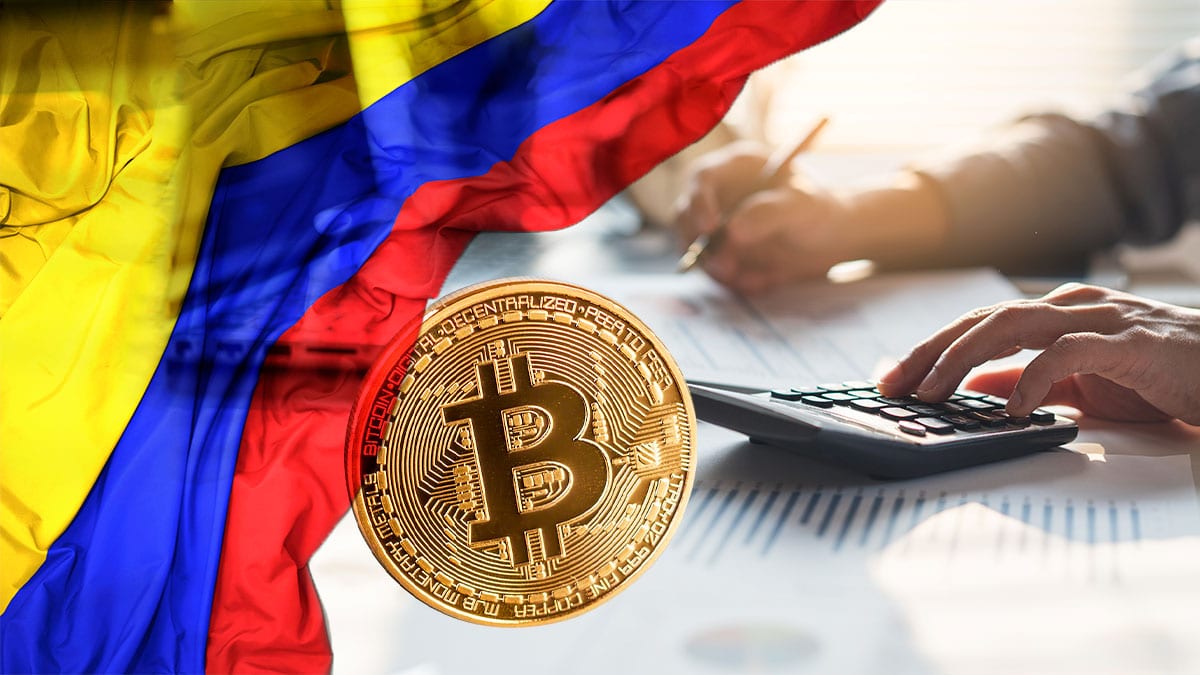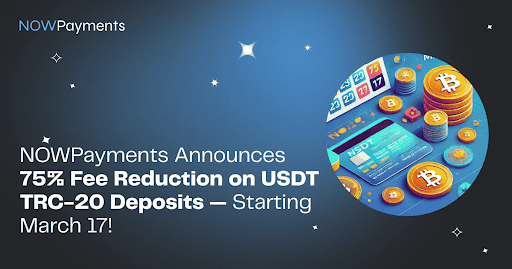- August 21, 2022
5 factors to consider when declaring

The Directorate of Taxes and National Customs of Colombia (DIAN) recently confirmed that until October 19 Colombians must submit the income tax return for the income received in the year 2021. This time, the profits obtained with bitcoin (BTC) and other cryptocurrencies must also be declared before the tax authority.
To find out details of how earnings with bitcoin should be declared in Colombia, YouTuber Juan Rodríguez invited tax specialist Alex García, who detailed the 5 factors that you consider most important when filing the tax return.
In that sense, García mentions that the first thing taxpayers should take into account is that the income tax levies any type of income that has been had from January 1, until December 31, 2021.
However, this income must be equal to or greater than 50,831,000 pesos (USD 11,575). “It’s not about how much money taxpayers have moved through their accounts, but all the assets that are part of their estate,” Garcia clarified.
The second factor to keep in mind is that the money to be paid or the debts that each taxpayer has are not taken into account when declaring income tax in Colombia.
For example, I can have an apartment of 200 million pesos and be owing 150 million pesos, but for the DIAN the important thing is that I have an apartment of 200 million and that my wealth exceeds 50,831,000 pesos. It means that I have the obligation to declare income tax and in my list I must add the other assets that are part of my estate such as vehicles, savings accounts and my assets in bitcoin and other cryptocurrencies.
Alex Garcia, tax specialist from Colombia.

Other factors to keep in mind before declaring the bitcoin tax in Colombia
Colombian tax expert Alex García mentioned other factors to take into account before declaring income tax in Colombia. Among them, he stressed that the total accumulated value of bank appropriations, deposits and transfers received must be equal to or greater than 50,831,000 pesos.
The fourth factor is that the total value of purchases and consumptions must be equal to or greater than 50,831,000 pesos.
Here it is important for every taxpayer to know that all the purchases he has made during the year are registered in the DIAN database. Then you will not be able to deceive the body and if your purchases exceed the indicated amount, you need to declare the tax. And this is the only item of the declaration that does not require everyone to take out their accounts, rather it will be enough for the information that the DIAN has registered on everything you bought from January 1 to December 31 of the previous year.
Alex Garcia, tax specialist from Colombia.
On the other hand, although there is no bitcoin regulation in Colombia, the fifth factor Garcia condenses it into three elements that become clear once cryptocurrencies are taxable in the country.
One is that bitcoin and the other cryptocurrencies are quantifiable, that is, it is possible to know the amount that each one owns.
There is also the fact that crypto assets can be bought and sold in Colombia, therefore, they have a price.
While, thirdly, there is the element that Colombians have ownership over their cryptocurrencies. It means that they can make decisions about them, when to transfer them, how to save them or how to receive them.

These 3 elements have allowed the DIAN, the Banco de la República and other entities to determine that cryptocurrencies in general are digital assets. Therefore, each taxpayer must declare the amount of bitcoin and other cryptoassets that he has held since forever.
Why do bitcoin purchases with KYC in Colombia matter?
Now that every taxpayer must declare the bitcoins they have held since the cryptocurrency existed, Alex García also talks about the “know your customer” (KYC) and “anti money laundering” (AML) policies applied by bitcoin companies.
For income tax, bitcoins and other cryptocurrencies that have been purchased with KYC and those that are acquired without KYC must be taken into account. Let’s just say there is a big difference between them because they are two different universes.
Alex Garcia, tax specialist from Colombia.
With this, it is clear thate bitcoins and other cryptocurrencies acquired without the identity records required by the “know your customer” policies are not taxable since there is no way for the DIAN to know who they belong to.
Garcia also said that it is very important to keep in mind that declaring income does not always mean that something must be paid. This is because on some occasions the balance to be paid is zero or the taxpayer ends up with a balance in favor, which can be requested from the Dian or simply leave it as a payment for the next income tax return.





